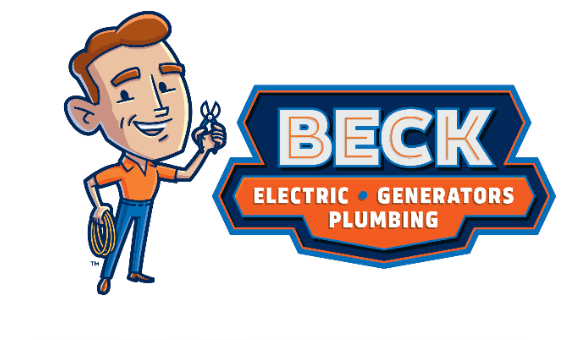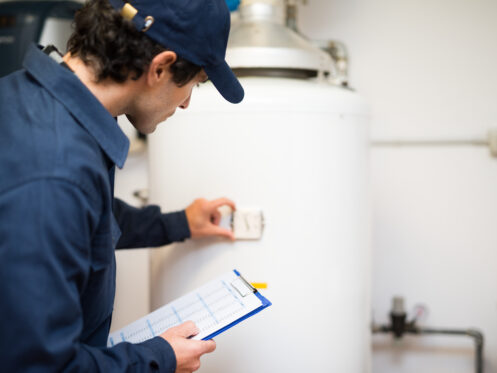According to the United States Department of Energy (DOE), tankless water heaters can be up to 34% more efficient than standard, storage-based models in the right environments. With on-demand water heating, zero standby energy losses, and longer lifespans, these appliances are certainly a standout choice. However, before installing one in your Canton, OH home, it’s important to consider the drawbacks of tankless water heating first. Read on to find out what they are.
Tankless Water Heaters Have a Higher Up-front Cost
Compared to standard, storage-based water heaters, tankless water heaters have higher up-front and installation costs. In fact, some models can cost twice as much as comparable, storage-based designs. However, while some storage-based water heaters last just 10 to 12 years, tankless water heaters often last 15 to 20 years. Even though you’ll pay more to get one, you can enjoy your purchase for far longer. It’s also important to note that many tankless water heaters qualify for federal tax credits of up to 10% under the Inflation Reduction Act. These savings offset the total costs of tankless water heater installation with year-end tax rewards.
Transitioning to Tankless Water Heating Can Prove Costly, Too
The move from storage-based water heating to tankless models isn’t as easy as pulling an old unit out and placing the new one in. Tankless water heaters have much slimmer profiles than their alternatives and the option you want could need a new fuel type. When budgeting for these projects, homeowners must account for necessary changes in infrastructure and storage areas.
You Might Need a Water Softener
If you don’t already have whole-house water-softening equipment installed, you could need it. Storage-based water heaters have slim, sacrificial anode rods that travel the length of their tanks. These rods attract hard water minerals to prevent in-tank corrosion. Given that tankless models don’t have tanks, they lack these protective features.
Although distributing hot water as soon as it’s heated accounts for the increased efficiency and greater longevity of tankless water heaters, these units aren’t impervious to rust. If you have extremely hard water, installing a tankless water heater without water-softening equipment could lead to less-efficient performance, frequent problems, and a shorter lifespan.
Limited Flow Rates
On-demand water heating means something quite different from what most consumers think. On-demand water heating means that hot water is created and distributed right when taps are turned on. Given that tankless models aren’t restricted by the finite space in storage tanks, they’re often described as producing “unlimited” hot water. This means that you can take a long, hot shower without having your hot water unexpectedly run out, but it doesn’t mean that your water heater can provide unlimited hot water to multiple fixtures or faucets at once. If someone else turns a hot water tap on during your hot shower, your tankless water heater won’t rise to the occasion.
To combat this problem, plumbers often install two or more tankless water heaters in larger homes and in houses with high hot water demand. However, this makes already costly water heater installation more costly still. To meet the needs of your household, you might need to pay for double the labor and materials. According to the DOE, a single tankless water heater is best for households that use just 41 gallons of hot water or less each day.
Water Heater Upgrades and Power Outages
For homeowners who have been holding onto their gas-fired, storage-based water heaters for more than a decade, the switch to tankless water heaters will also create hot water supply concerns during power outages. Many older, gas-fired water heaters have gas pilots and no electrical connections. These units can keep running even when electrical service is disrupted by storms, downed power lines, or other unexpected events.
To compare, both gas-fired and electric tankless water heaters have electronic ignition switches. These cut the considerable standby losses that pilot lights cause, and they’re also much safer. However, all new gas-fired, tank-based water heaters have electronic ignition switches, too. Thus, no matter which option you choose, you’ll still need a standby generator or other backup plan to retain water heating during outages. This is an important change to keep in mind when replacing old water heating equipment of any type.
We help residents of Canton create and maintain comfortable, efficient homes. We offer top-notch electrical, plumbing, and water quality services. We also provide generator and propane tank installation. You can count on us for exceptional products and competitive pricing. To find out more about tankless water heaters or to schedule an appointment, get in touch with Beck Electric, Generators & Plumbing today!






